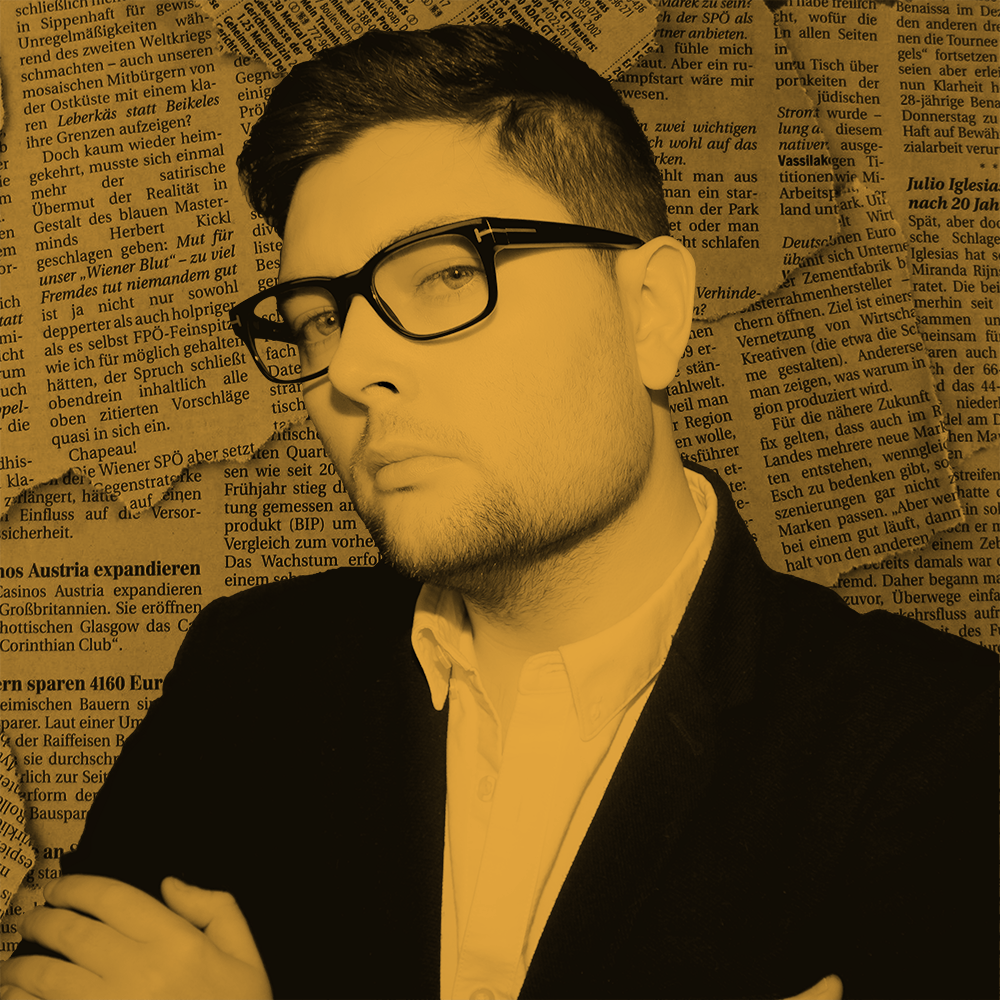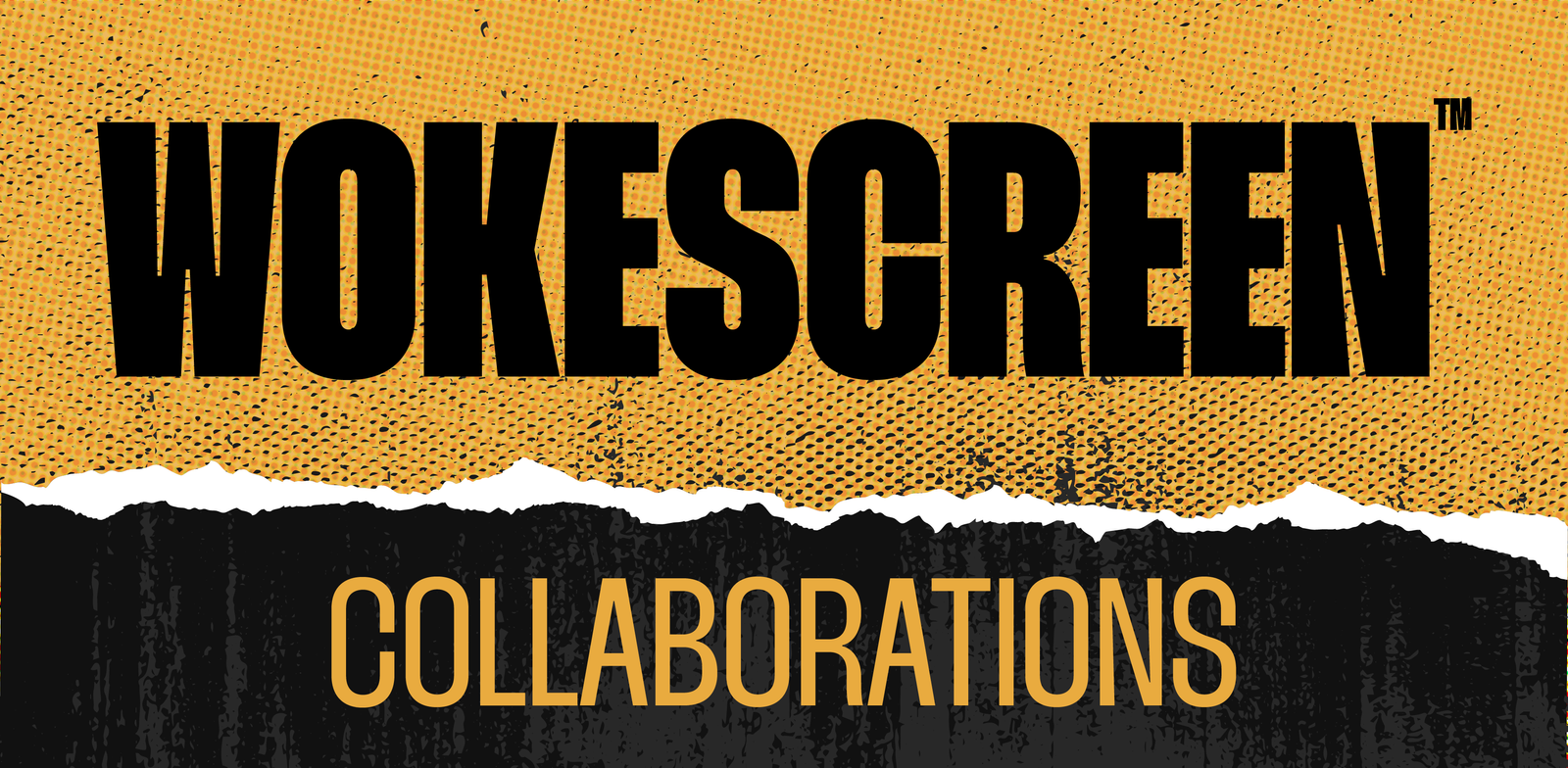
WRITTEN BY WOKESCREEN

The term “grifter,” first noted in George Bronson-Howard’s 1915 novel “God’s Man,” initially captured the essence of carnival tricksters using sleight of hand to deceive. Over time, this term has evolved, finding a prominent place in today’s political discourse, mirroring the rapid and expansive exchange of ideas in the digital era. This evolution reflects a broader narrative where some individuals exploit misinformation, affecting the pursuit of objective truth—a scenario paradoxically reminiscent of postmodernist rejection of objective truth.
The practice of nuanced language or ‘hedging’ plays a dual role in this landscape. On one hand, it’s a tool for intellectual exploration, allowing individuals to refine and articulate developing thoughts, serving as a foundation for healthy intellectual curiosity. On the other hand, the transition from exploratory to manipulative use of language marks a significant shift. When ‘hedging’ becomes a tactic for evasion rather than exploration, it mirrors a Derridian deconstructionist approach, manipulating terms and ideas to maintain deniability.
This phenomenon is notably observed among those who identify as ‘ex-leftists,’ demonstrating the deep-seated influence of postmodernist thought. It implies that such philosophical frameworks, once internalised, can subtly shape one’s approach to discourse, acting as a subconscious guide for navigating complex ideas and discussions.
Deciphering the Discourse: Beyond Face-Value
In the landscape of discourse, particularly surrounding concepts like “White” and “Whiteness,” there emerges a bifurcation in perspective and interpretation. On one side, there are individuals who interpret these terms strictly through a racial lens, possibly due to their focus on surface-level analysis or as a means to further their own political or cultural objectives, often grounded in a form of identity politics or identitarianism (not to be confused with Identitarianism). This approach can sometimes lack depth or be motivated by an agenda that seeks to fit a broader narrative into specific ideological frameworks.
Conversely, the discussion also encompasses those adept in the art of sophistry. This group positions themselves as arbiters of truth, often obscuring their motives behind a veil of authoritative discourse. Through linguistic manoeuvring and the strategic use of novel terms, they aim to insulate their viewpoints from criticism, effectively sidelining dissenting voices. This method extends to employing in-group/out-group dynamics where questioning their assertions not only risks ostracisation but also brands challengers as adversaries to ordained beliefs and values. In such environments, the sophist’s influence reinforces their own ideologies while demonising those who oppose them, using the fear of external threats to solidify their position.
A Nuanced View Of The Problem
Asserting that all leftist critique can be traced directly back to capitalism oversimplifies a complex ideological landscape. While capitalism indeed forms a crucial component of the debate, equating the original Marxist theories of Marx and Engels with today’s hard-left movements does not capture the full picture. These ideologies may share points of convergence, yet they represent fundamentally distinct philosophies and objectives. Recognising this distinction is crucial for accurately engaging with and understanding the nuances of contemporary cultural conflicts. Oversimplification risks reverting to historical analogies that fail to encapsulate the intricacies of our present circumstances.
The challenge often arises with certain commentators, possibly due to limitations in their understanding or a deliberate choice, who lean on historical instances of Marxism as a foundation. This approach not only neglects the evolution of leftist ideologies but also potentially misleads their audience by offering a semblance of credibility rooted in familiar historical narratives rather than the complexities of current ideological evolutions.
To navigate these waters, it’s essential to delineate traditional Marxism from Neo-Marxism, the latter being the contemporary left’s framework. Exploring the distinctions between these ideologies and the trajectory of their evolution sheds light on the shifts within leftist thought.
Traditional Marxism
The “Communist Manifesto,” also known as the “Manifesto of the Communist Party,” crafted by Karl Marx and Friedrich Engels and released in February 1848, zeroes in on the economic and material facets of society. It underscores the pivotal role of class struggle and the foundational economic elements of production in driving societal and political transformations. This document introduced the renowned exhortation, “Workers of the world, unite! You have nothing to lose but your chains!” This was a clarion call urging the proletariat, or working class, to challenge and dismantle the bourgeoisie’s capitalist structures, aiming for a society free of class distinctions.
Marx theorised that the seeds of proletarian revolution would most likely sprout in the Western capitalist bastions, where it was alleged that capitalism’s inherent contradictions were starkly evident. He envisioned industrial hubs in nations like Britain or Germany as the likely epicentres for such radical change due to their advanced capitalist conditions. Contrary to these expectations, the Bolshevik Revolution of 1917 unfolded in Russia, a nation then characterised by its agrarian economy rather than industrial advancement, puzzling many followers of Marx’s predictions. This deviation from Marx’s anticipated path prompted a thoughtful reassessment and adaptation of Marxist theories, considering the actual course of historical developments.
The Birth Of Neo-Marxism
Following the Bolshevik Revolution, a reassessment of Marxist theory highlighted that the prerequisites for a proletarian revolution might extend beyond the economic conditions Marx emphasised. This period of theoretical expansion saw significant contributions from thinkers like Antonio Gramsci and the Frankfurt School, who explored the cultural and social dimensions necessary to nurture a revolutionary mindset among the working class.
Antonio Gramsci introduced the notion of cultural hegemony, underscoring the importance of ideological battles against dominant bourgeois cultural norms as a precursor to revolution. He posited that societal change would necessitate a “war of position” – a slow, deliberate buildup of a counter-hegemonic culture. This concept, often summarised by the phrase “the long march through the institutions,” advocates for the transformation of society by subtly influencing and reshaping the values and norms within key institutions like academia, media, and the arts. Gramsci’s ideas suggest that by engaging with and altering these ideological structures, it’s possible to gradually shift societal power dynamics, setting the stage for comprehensive systemic change.

Portrait of Antonio Gramsci, Italian Marxist philosopher and communist politician, known for his deep intellectual contributions to Marxist theory, particularly his theories on cultural hegemony and the role of culture in societal change.
Antonio Gramsci
Born: January 22, 1891, in Ales, Sardinia, Italy.
Education: University of Turin.
Key Contributions: Developed the theory of cultural hegemony; emphasised the role of culture and ideology in maintaining the power of the ruling class.
Political Involvement: Co-founder of the Italian Communist Party in 1921.
Arrest and Imprisonment: Imprisoned by Mussolini’s Fascist regime in 1926; wrote his notable “Prison Notebooks” during incarceration.
Death: April 27, 1937, in Rome, Italy, due to health complications from prison conditions.
Legacy: Influenced various Marxist schools of thought, particularly in regard to the role of culture and ideology in societal change.
Similarly, the Frankfurt School’s development of Critical Theory aimed to dissect the deeper psychological and cultural elements that bolster capitalist societies. Their analyses focused on how mass culture and communication serve to mould social consciousness, potentially stifling revolutionary sentiment among the proletariat in Western nations.
The Frankfurt School
Foundation: Established in 1923 in Frankfurt, Germany.
Primary Focus: Critical Theory; interdisciplinary research combining sociology, psychology, economics, and philosophy.
Major Figures: Theodor Adorno, Max Horkheimer, Herbert Marcuse, Walter Benjamin, Erich Fromm, among others.
Philosophical Contributions: Critiqued the cultural and ideological underpinnings of modern capitalist societies, exploring themes like authority, family, mass culture, and the role of media.
Political Context: Emerged in response to the failures of orthodox Marxism to explain the complexities of 20th-century capitalist societies, particularly Nazi Germany.
Key Works: “Dialectic of Enlightenment,” “One-Dimensional Man,” “Minima Moralia.”
Legacy: Influential in shaping Western Marxism and contemporary social theory, especially in the areas of media studies, critical pedagogy, and social critique.


Professor Theodor W. Adorno. (AP-Photo/Peter Hillebrecht) 10.9.1968
Adorno was a leading figure in critical theory and a prominent member of the Frankfurt School. His work often focused on the critique of popular culture and mass media, which he saw as instruments of capitalist domination and cultural homogenisation. Adorno’s theory of the ‘Culture Industry’ suggested that popular culture is akin to a factory producing standardised cultural goods that manipulate mass society into passivity. His works like “Dialectic of Enlightenment” (co-authored with Horkheimer) explored these themes, critically examining the role of enlightenment thought in enabling societal domination and regression.

Philosopher Max Horkheimer, 1960, photo by Fred Stein.
As a director of the Frankfurt School, Horkheimer significantly influenced the development of critical theory. He was instrumental in broadening the scope of Marxism to include cultural and philosophical dimensions, particularly through his work on the concept of ‘Critical Theory’. Horkheimer’s notable contributions include the development of the theory of authoritarianism and the examination of the relationship between reason, enlightenment, and social domination. His collaboration with Adorno on “Dialectic of Enlightenment” critiqued the paradoxes of modern society and the Enlightenment’s role in both emancipating and enslaving humanity.

Herbert Marcuse, 1968. Everett Collection Historical/Alamy
Marcuse was another influential figure in the Frankfurt School and is known for his synthesis of Marxian and Freudian ideas. His work, particularly in books like “One-Dimensional Man,” critiqued advanced industrial societies, arguing that they use technology, media, and consumerism to suppress critical thought and maintain social control. He suggested that this resulted in a ‘one-dimensional’ society devoid of critical thinking and genuine opposition. Marcuse’s advocacy for a “Great Refusal” inspired many in the New Left movement, particularly during the 1960s.

Walter Benjamin By AKG-IMAGES/IMAGNO
Benjamin, associated with the Frankfurt School, is best known for his work on aesthetics and cultural theory. His concept of ‘aura’ in art, explored in “The Work of Art in the Age of Mechanical Reproduction,” provided a critical perspective on how mass production transforms the nature of art and its societal role. Benjamin’s writings blended Marxist, Jewish, and literary theories, examining how technological and cultural changes impact society and consciousness. His unique approach to historical materialism and culture remains influential in contemporary critical theory.

Erich Fromm
Fromm, a social psychologist and psychoanalyst, was affiliated with the Frankfurt School in its early days. He contributed to Neo-Marxism by integrating Freudian psychoanalysis with Marxist sociology, focusing on understanding the psychological underpinnings of social and economic dynamics. Fromm’s works, such as “Escape from Freedom” and “The Art of Loving,” explore themes of alienation, freedom, and the human need for connectedness. His analysis of the psychological impact of capitalism and authoritarianism had a significant influence on the field of social psychology and critical theory.
Together, these thinkers broadened the scope of Marxist analysis beyond mere economic determinism to include a nuanced critique of the cultural and ideological underpinnings of capitalist societies. This theoretical evolution not only provided insights into why revolutions hadn’t unfolded as Marx predicted but also informed more nuanced strategies for engendering societal change.
This intellectual journey paved the way for Neo-Marxism, which, while rooted in Marx’s foundational critiques of economy and class struggle, extends the analysis to the realms of culture and ideology. Neo-Marxists assert that the superstructure, which encompasses culture, ideas, and institutions, significantly influences the maintenance and evolution of societal structures and power relations. This perspective acknowledges the foundational role of economic conditions while also recognising the potent, sometimes autonomous impact of cultural and ideological factors in shaping society.
What Is Neo-Marxism And What’s Its Focus?
Neo-Marxism is a broad intellectual movement that integrates the core principles of classical Marxism with diverse elements from other philosophical traditions. The philosophical ingredients of Neo-Marxism include, but are not limited to, critical theory from the Frankfurt School, which examines the ways culture and communication shape consciousness; postmodernism’s challenge to grand narratives and focus on the decentralisation of power; structuralism’s insight into the deep structures that underpin societal practices; and existentialism’s emphasis on individual agency and experience within social structures. Each of these contributes to the rich theoretical framework of Neo-Marxism.
This intellectual confluence within Neo-Marxism marks a significant shift in focus from classical Marxism’s preoccupation with class conflict and the economic base as the foundation for societal change. Instead, Neo-Marxism places a stronger emphasis on the cultural and ideological superstructures of society. The shift involves a critical analysis of how capitalist ideologies and practices are disseminated and reinforced through cultural institutions like media, education, and art. Neo-Marxists argue that these cultural institutions are not just passive reflections of the economic base but are active in shaping societal norms and values that sustain the capitalist system.
In this revised framework, economic structures remain relevant but operate in tandem with cultural and ideological forces, creating a more complex view of how societal change can occur and what factors contribute to the perpetuation of the status quo. Neo-Marxism, therefore, expands the battleground for ideological struggle, asserting that change must be pursued not only in the realm of the economy but also through the transformation of cultural and social institutions that condition the political consciousness and day-to-day lives of individuals.
Enjoy these resources?
Buy us a coffee so we can keep creating these free useful guides!
Is Economic Capitalism The Main Target?
Neo-Marxism’s critique extends far beyond economic capitalism, challenging the notion that it should be the singular focus of analysis. Influenced by postmodernism and various other intellectual currents, Neo-Marxism deconstructs Marx’s original dichotomy of capitalism into material and superstructural components. The emphasis has notably shifted towards the superstructural—cultural, ideological, and political dimensions—which now serves as the primary arena of neo-Marxist examination. These scholars probe into the ways capitalist ideologies are woven into and perpetuated by cultural mediums, media representations, and other non-material vectors.
This broadened scope of critique illuminates the roots of contemporary social conflicts, from Critical Race Theory (CRT) debates to perceived contradictions within leftist politics, highlighting a complex web of dominance that transcends mere class distinctions to encompass varied identity and power dynamics. Neo-Marxists endeavour to dissect and challenge these superstructural facets, aiming to unveil and dismantle the intricate injustices linked with capitalist frameworks. Their goal is to champion a revolution that moves beyond economic considerations, advocating for systemic change that addresses a wider array of injustices.
The nuanced discussion around terms like ‘White’ and ‘Whiteness’ exemplifies this shift. These terms, traditionally understood in racial terms, have been reconceptualised within neo-Marxist critique to signify broader ideological constructs within the capitalist superstructure. This redefinition points to why individuals, regardless of their racial background, might be critiqued for aligning with these superstructural norms, sometimes controversially labelled as ‘White supremacists’. This reflects a deeper engagement with the complexities of identity and ideology, challenging simplistic narratives and advocating for a more comprehensive understanding of alleged systemic inequality.
‘White’, ‘Whiteness’, and Western Enlightenment Values
Within Neo-Marxism and its dialogue with Critical Race Theory (CRT), the concepts of ‘white’ and ‘whiteness’ extend beyond simple racial identifiers, evolving into symbols for the values associated with Western Enlightenment. These values, including rationality, individualism, and the pursuit of universal principles, have significantly shaped Western societies. Critics argue that these ideals, historically championed by predominantly white, European demographics, have been utilised to sustain cultural and economic hegemony.
This critique frames ‘whiteness’ not merely as a matter of skin color but as emblematic of the power structures born from, and perpetuating, Enlightenment values, which are seen to foster exclusionary practices. Hence, the critique of ‘whiteness’ becomes a critique of a value system believed to underlie and perpetuate systemic injustices, rather than an attack on a racial category per se.
The contention is that, despite their seemingly universalist intent, Enlightenment values have been wielded in a manner that bolsters racial hierarchies and sidelines alternative epistemologies and modes of existence. This focus on ‘whiteness’, therefore, is an endeavour to unpack not solely a racial identity but a wider cultural and philosophical edifice believed to support an inequitable social order.
This perspective advocates for a reassessment of Enlightenment principles, proposing that they be reimagined in ways that genuinely embrace inclusivity and fairness across diverse racial and cultural landscapes. By challenging the foundations upon which ‘whiteness’ as an ideological construct is built, Neo-Marxists and critical theorists aim to illuminate and dismantle the mechanisms through which systemic inequalities are reproduced. This approach underscores a critical examination of how values long celebrated for their universality may, in practice, contribute to the exclusion and marginalisation of non-dominant groups, urging a reevaluation of these values to ensure they serve all members of society equitably.
The Differing Impact On Contemporary Politics And Social Movements
In wrapping up, it’s key to note how traditional Marxism, with its focus on critiquing capitalism’s material bases and class conflicts, occasionally struggled to bridge the varied experiences of oppression. The emergence of Neo-Marxism alongside the concept of intersectionality has broadened the scope for forming alliances, weaving together a tapestry of diverse groups each bearing unique yet intersecting greivences. This expanded approach has fostered unity among groups that might once have seemed unlikely allies, as illustrated by collaborations like “Queers for Palestine.” Such partnerships reflect a unified stance against the broader forces of colonialism and systemic injustice.
These collaborations, although sometimes marked by complexities and apparent contradictions, mark a significant shift in how leftist movements organise. They highlight a collective commitment to confronting and dismantling the myriad forms of oppression, aiming for a society that upholds justice and equality across all spectrums of identity. This evolution in organising strategies showcases a deepened understanding of the interconnected nature of various oppressions, advocating for a comprehensive approach to social change that addresses the multifaceted dimensions of injustice.

DYSLEXICS FOR HUMAS
$29.99

THE BEST THING FOR SLICED BREAD
$29.99





0 Comments